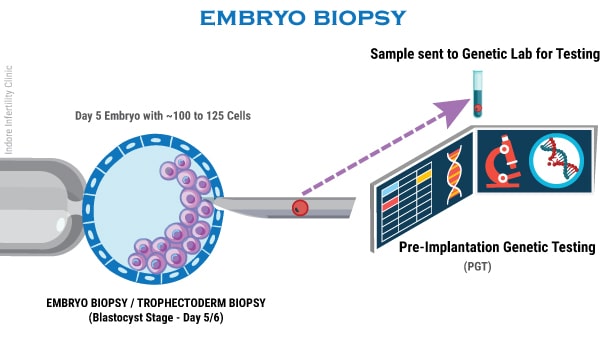Main Services
Vestibulum ac diam sit amet quam vehicula elementum sed sit amet dui. Curabitur non nulla sit amet nisl tempus convallis quis ac lectus. Quisque velit nisi, pretium ut lacinia

Disease symptoms
Rapidiously predominate backward-compatible bandwidth rather than leading-edge infrastructures. Interactively engage efficient materials vis-a-vis distinctive e-business. Appropriately matrix fully tested data and market-driven bandwidth. Collaboratively plagiarize ubiquitous internal or "organic" sources rather than impactful e-markets. Holisticly underwhelm.
PROCEDURES
Consultation
Medical Studies
Treatments
Surgery
Our Neurologists
Synergistically reintermediate 2.0 relationships after cross-platform sources. Uniquely simplify ubiquitous vortals and ethical systems. Globally orchestrate client-focused.
Appointment
Vestibulum ac diam sit amet quam vehicula elementum sed sit amet dui. Curabitur non nulla sit amet nisl tempus convallis quis ac lectus. Quisque velit nisi, pretium ut lacinia
Frequently Questions

Preimplantation Genetic Testing (PGT) refers to techniques used in conjunction with in vitro fertilization (IVF) to genetically analyze embryos before they are transferred into the uterus. These tests can help identify embryos with genetic or chromosomal abnormalities, thereby increasing the chances of a healthy pregnancy and reducing the risk of transmitting genetic disorders. Here’s a detailed overview of the process:
Types of Preimplantation Genetic Testing
1. PGT-A (Aneuploidy Testing):
- Analyzes embryos for abnormalities in chromosome number, such as trisomy 21 (Down syndrome) or monosomies.
2. PGT-M (Monogenic/Single Gene Testing):
- Used for couples at risk of passing on inherited single-gene genetic disorders, such as cystic fibrosis or thalassemia.
3. PGT-SR (Structural Rearrangements):
- Identifies structural chromosome rearrangements, such as translocations or inversions, which can cause recurrent miscarriages or infertility.
Procedure
1. Ovarian Stimulation and Egg Retrieval
- The patient undergoes controlled ovarian stimulation to obtain a higher number of mature eggs, which are then collected through a procedure called follicle aspiration.
2. Fertilization of Eggs:
- The collected eggs are fertilized with sperm in the laboratory to create embryos.
3. Embryo Culture:
- The embryos are cultured in the lab until the fifth or sixth day, reaching the blastocyst stage.
4. Embryo Biopsy:
- A small amount of cells is extracted from each embryo without damaging it. This biopsy is usually performed at the blastocyst stage. The embryos are then cryopreserved separately.
5. Genetic Analysis:
- The extracted cells are analyzed to determine the presence of chromosomal abnormalities or specific genetic mutations.
6. Embryo Selection:
- Only euploid embryos are selected for transfer into the uterus.
7. Embryo Transfer:
- One or more selected embryos are transferred into the woman’s uterus. Untransferred embryos can be vitrified for future attempts.
Indications for PGT
- Advanced Maternal Age: Women over 35 years old have a higher risk of embryos with chromosomal abnormalities.
- Recurrent Miscarriages: To identify chromosomal abnormalities that might cause spontaneous abortions.
- Family History of Genetic Disorders: To avoid the transmission of hereditary genetic diseases.
- Repeated IVF Failures: To increase the chances of success by selecting genetically normal embryos.
Benefits and Limitations
Benefits:
- Increases the chances of a healthy pregnancy.
- Reduces the risk of spontaneous miscarriage.
- Helps prevent the transmission of hereditary genetic disorders.
- Improves the success rate of IVF.
Limitations:
- Cannot guarantee a pregnancy.
- Cannot identify all possible genetic abnormalities.
- Additional costs compared to standard IVF.
- Requires embryo biopsy, which carries a small risk of damaging the embryo.
Ethical Considerations
PGT raises ethical issues regarding embryo selection and the implications of discarding embryos with genetic abnormalities. It is important for couples to receive genetic counseling and psychological support to make informed and thoughtful decisions.
Conclusion
Preimplantation genetic testing represents an advanced technology that can significantly enhance the chances of achieving a healthy pregnancy through IVF. However, it is crucial for couples to understand the benefits, risks, and ethical implications associated with this procedure.


















